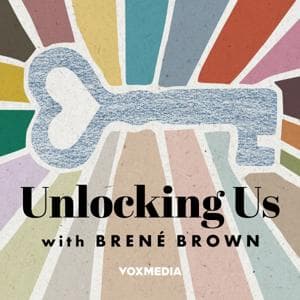If you would like to learn more about the resources Mona offers for individuals or couples you can check out her website at: www.neurodiverselove.com.
The first episode of the Neurodiverse Love Docuseries will be released on February 14, 2026. Through this four part series, you will meet four Neurodiverse couples who share some of their lived experiences, lessons learned and the strengths, challenges and differences they’ve had in their marriages. None of the couples knew they were in a mixed neurotype relationship when they married and each shares some of the experiences that have led to more connection, understanding and acceptance of each other’s differences.
In addition, you will hear from three coaches/therapists who work with Neurodiverse couples. They share their perspective on why challenges may be occurring and also provide strategies and tools for increasing connection.
To contribute to this very important project or to learn more about the docuseries click here.
——————————————————————————
This episode is another presentation from the 2025 Neurodiverse Love Conference. During this episode Jodi Carlton will challenge the traditional paradigm of neurodiversity as a “mental illness” or “disorder” and reframe it as an essential aspect of human identity and neurotype diversity. Drawing on emerging research and decades of personal and professional experience with neurodiversity, Jodi will explore how pathologizing neurodivergence perpetuates stigma and ableism whereas embracing neurodiversity as a neurotype fosters acceptance, inclusion, and connection. Through the information shared you will gain insight into the shift away from deficit-based models and toward approaches that celebrate neurodiversity. The information Jodi shares will inspire a fresh perspective, equipping you with tools to foster change.
Jodi Carlton, MEd is a neurodiverse relationship expert with over two decades of experience helping individuals and couples worldwide navigate the complexities of neurodiverse relationships. Drawing on her personal experience with ADHD and her deep connections with neurodivergent partners, family, and friends, Jodi is a passionate advocate for transforming societal perceptions of neurodiversity. She is the creator of an innovative model for improving communication in neurodiverse relationships and is the founder of a private association for thought leaders in the field of neurodiversity. Jodi is currently writing her first book, which delves into the evolving paradigm shift surrounding neurodiversity.
Through private and group coaching, online quizzes, courses, videos, articles, and her podcast, “YOUR Neurodiverse
Relationship,”, Jodi empowers professionals, individuals, couples, and families to understand and embrace neurodiversity in their own lives.
Visit her online at JodiCarlton.com
YouTube: https://youtube.com/c/jodicarlton
LinkedIn: https://linkedin.com/in/jodicarlton
——————————————————————————
If you would like to buy unlimited access to all 30+ video sessions from the 2025 Neurodiverse Love Conference click here and use code Podcast50 to get $50 off.
With your purchase you will also get these FREE BONUSES: unlimited access to the 27 video sessions from the 2023 Neurodiverse Love Conference, the Neurodiverse Love Conversation Cards and Workbook. If you have any questions or need additional information please email: [email protected]



































